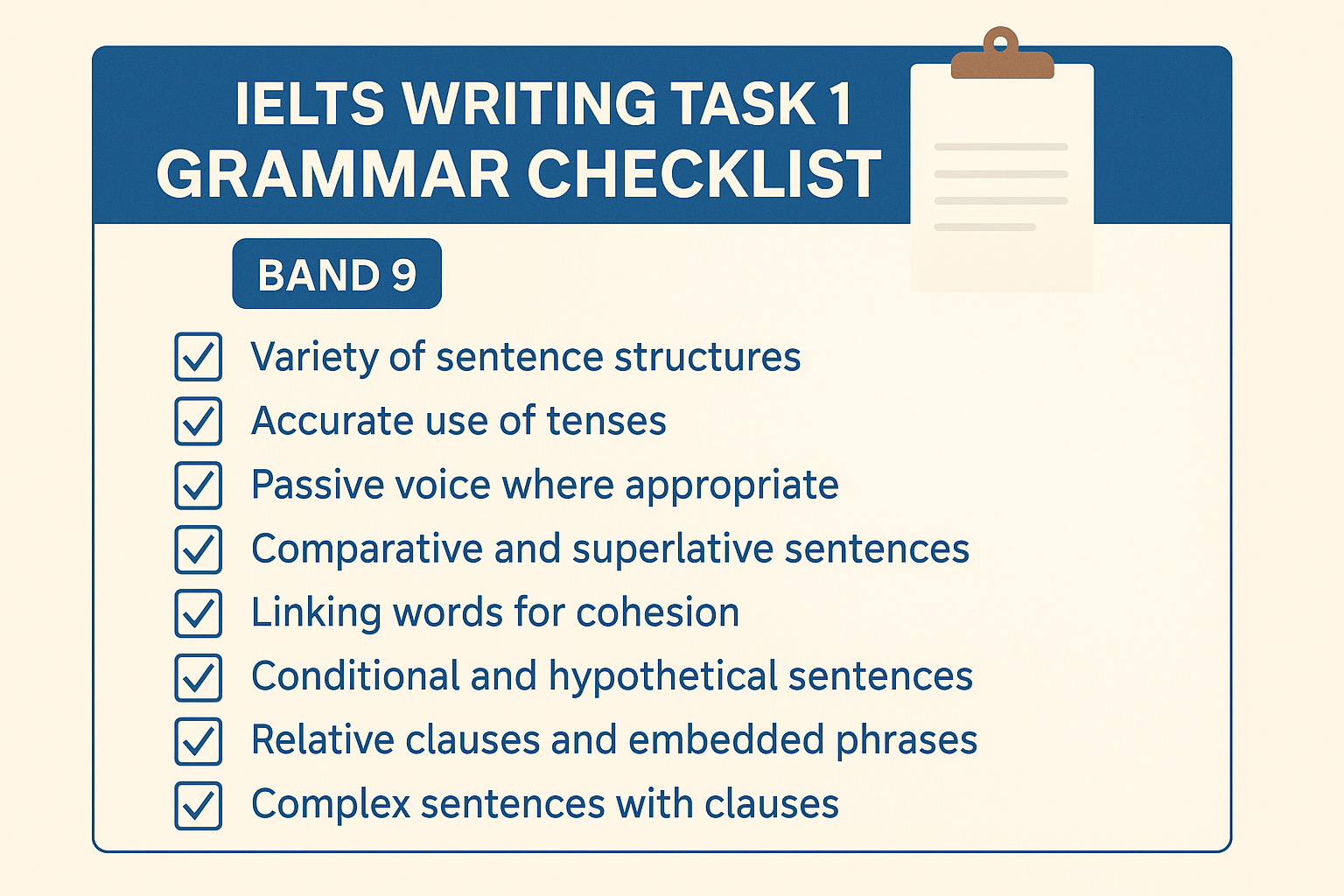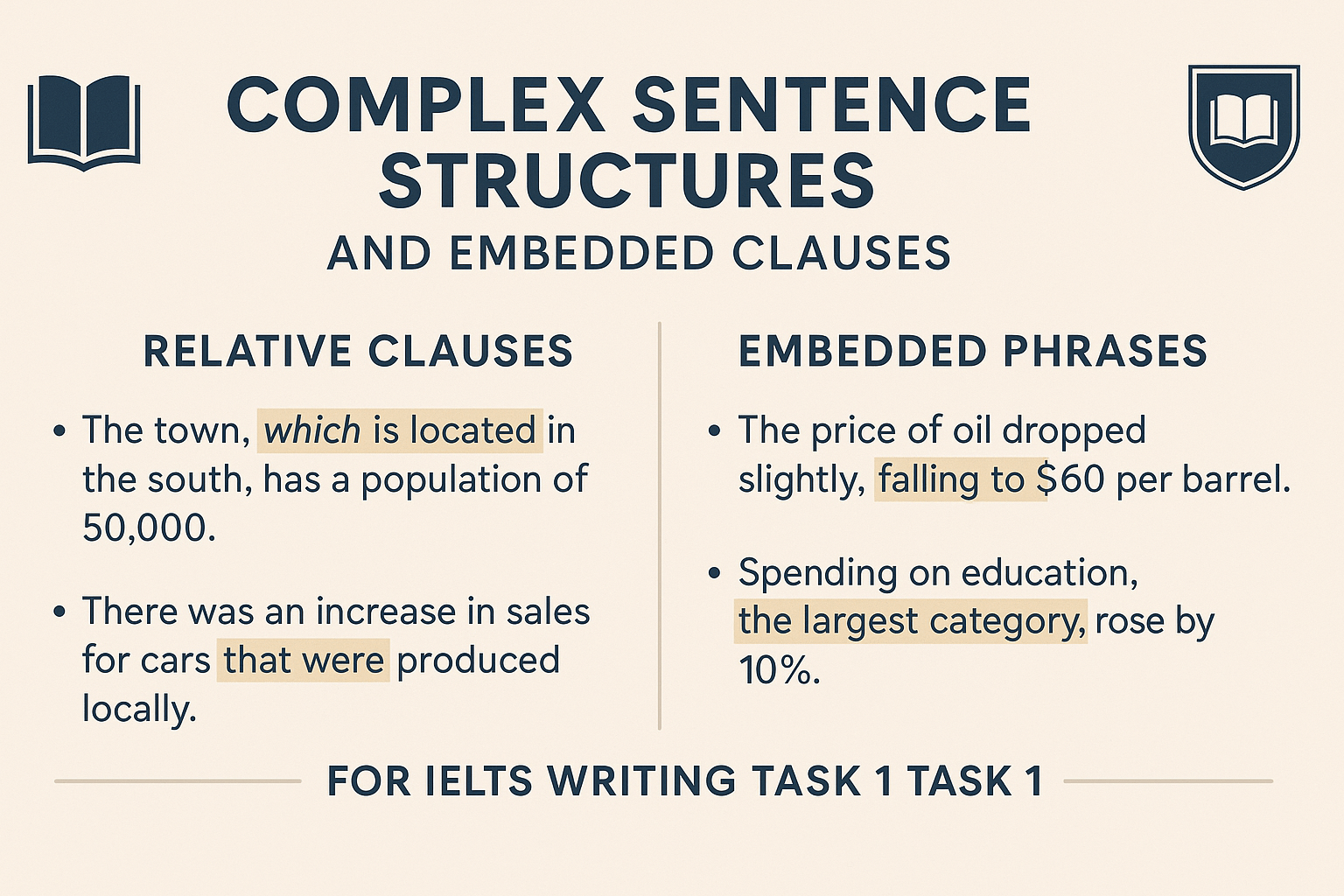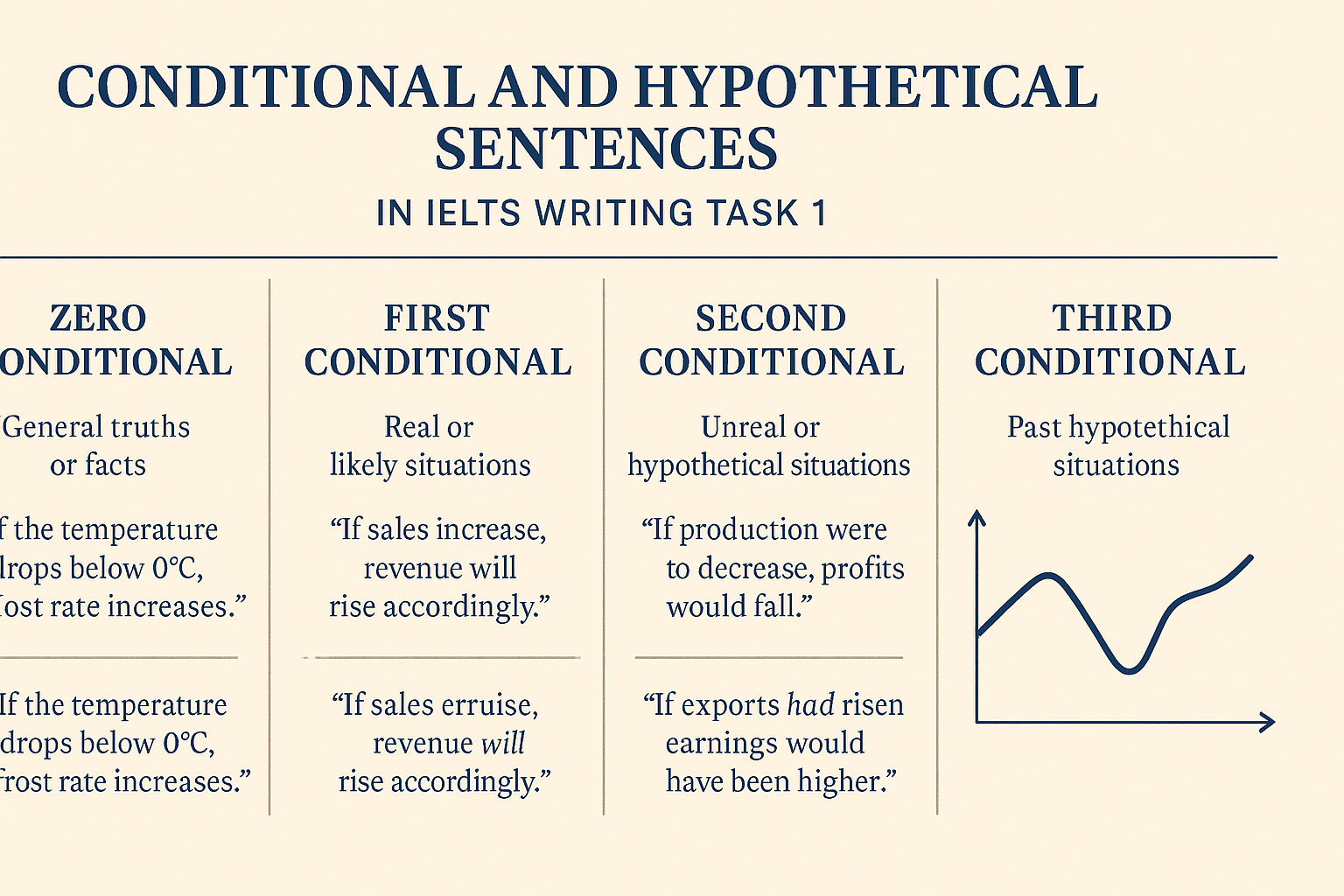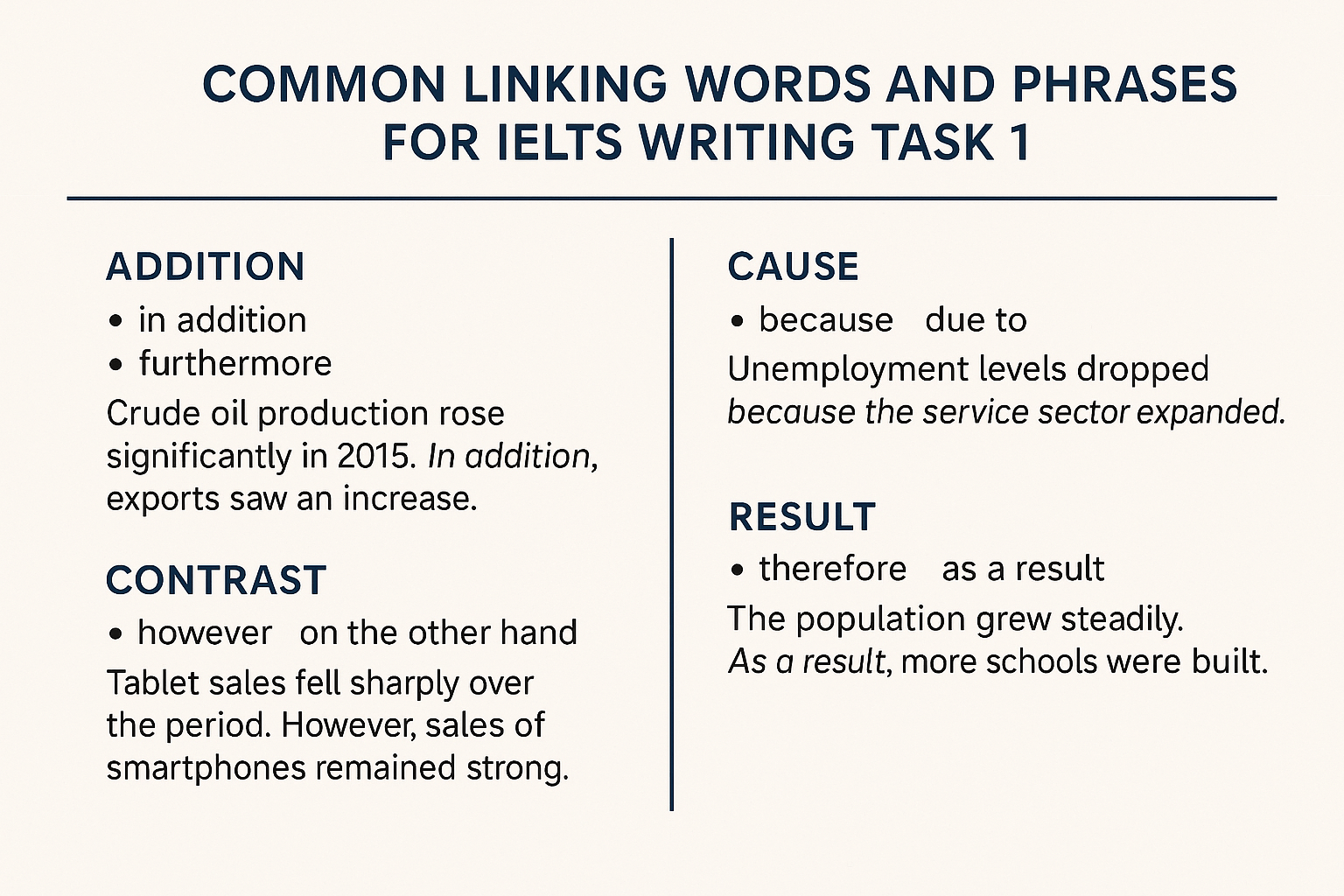Achieving a Band 9 in IELTS Writing Task 1 is a fantastic goal that requires not just strong vocabulary and task response, but also flawless grammar. As an IELTS instructor, I often advise students to use a detailed IELTS band 9 grammar checklist task 1 to self-assess and polish their writing before the exam.
In this bonus guide, I’ll provide you with a comprehensive grammar checklist focused on accuracy, variety, and common pitfalls to avoid. Using this checklist will help ensure your writing demonstrates the advanced grammatical control examiners expect for a Band 9 score.
For more in-depth grammar and vocabulary support, be sure to explore my guides on IELTS Writing Task 1 Grammar for Band 7–9 and IELTS Writing Task 1 Vocabulary Complete Guide. Don’t forget to also check official IELTS resources at the IELTS official website, British Council, and IDP IELTS.
Why Use an IELTS Band 9 Grammar Checklist for Task 1?
Band 9 is reserved for candidates who demonstrate expert command of English grammar in their writing. This means:
- No noticeable errors
- Wide range of complex sentence structures
- Accurate use of tenses and agreement
- Appropriate use of passive voice and conditionals
- Cohesive and coherent sentence flow
A self-checklist helps you systematically review your writing for these qualities and fix any weak points before submitting or practicing.
IELTS Band 9 Grammar Checklist Task 1: Key Areas to Review
1. Accuracy of Tenses
- Use correct tenses consistently according to the data timeframe (present simple, past simple, present perfect, future).
- Avoid unnecessary tense shifts within the same description.
- Check verb forms carefully, especially irregular verbs.
2. Sentence Variety and Complex Structures
- Use a wide range of sentence types: simple, compound, and complex.
- Include relative clauses, embedded clauses, and noun clauses to add detail.
- Avoid sentence fragments or run-ons.
3. Correct Use of Passive Voice
- Use passive voice appropriately to focus on the data or process.
- Ensure correct tense and form of passive constructions.
- Balance passive and active sentences for natural flow.
4. Subject-Verb Agreement
- Ensure singular subjects match singular verbs, and plural subjects match plural verbs.
- Watch out for tricky subjects like collective nouns or phrases separated by prepositional phrases.
5. Proper Use of Articles and Prepositions
- Correctly use definite (the), indefinite (a, an), and zero articles.
- Use prepositions accurately, especially in phrases related to time and place.
6. Appropriate Use of Conditionals and Comparatives
- Use conditionals correctly to discuss possible trends or hypothetical situations.
- Form comparatives and superlatives properly when comparing data.
7. Linking Words and Phrases for Coherence
- Use a variety of linking words to connect ideas logically.
- Place linking phrases appropriately and punctuate correctly.
8. Spelling and Punctuation
- Check for consistent British English spelling.
- Use commas, periods, and other punctuation marks correctly.
- Avoid comma splices and run-on sentences.
Common Pitfalls to Avoid for Band 9 Grammar
- Overusing simple sentences without complexity.
- Mixing tenses inconsistently.
- Incorrect or awkward passive voice usage.
- Missing or misplacing commas in complex sentences.
- Repetitive linking words or phrases.
- Errors in articles and prepositions that confuse meaning.
How to Use This Checklist in Practice
- Write your Task 1 report as usual.
- Review your writing against each checklist point.
- Highlight errors or weak areas.
- Rewrite or edit to fix issues.
- Repeat the process until your writing meets all criteria.
Sample Self-Check Using the Band 9 Grammar Checklist
Example paragraph:
The line graph illustrates the population growth in three cities between 1990 and 2020. City A’s population increased steadily, reaching 3 million by 2020. Although City B experienced a decline after 2005, City C’s population remained relatively stable. If current trends continue, City A will remain the most populous.
Checklist review:
- Tenses: Present simple and past simple used correctly.
- Sentence variety: Mix of simple, complex, and conditional sentences.
- Passive voice: Not used unnecessarily.
- Subject-verb agreement: Correct.
- Articles and prepositions: Correct use of “the,” “in,” “after.”
- Linking words: “Although,” “If” used appropriately.
- Spelling and punctuation: No errors detected.
Final Thoughts
Using an IELTS band 9 grammar checklist task 1 is a powerful way to ensure your writing meets the high standards required for the top band score. Focus on accuracy, variety, and avoiding common pitfalls. Combine this with strong vocabulary and clear task achievement, and you’ll be well on your way to Band 9 success.
For further grammar and vocabulary development, check out my detailed guides linked above. And for official preparation materials, visit the IELTS official website, British Council, and IDP IELTS.
Good luck with your IELTS journey!






2 Responses
Very nice design and fantastic written content, very little else we require : D.
Well I really liked reading it. This article procured by you is very effective for good planning.